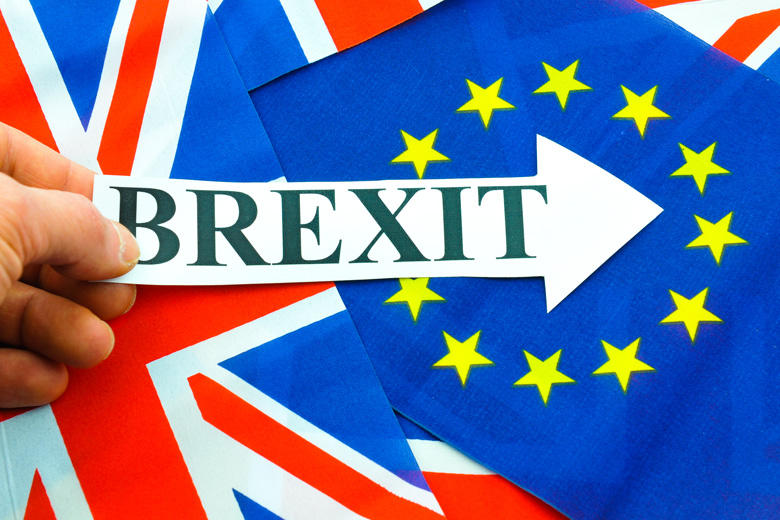Brexit bill approval overshadowed by Scotland's possible withdrawal from UK

By Kamila Aliyeva
The UK has taken one step closer to leaving the European Union on March 13 as Parliament approved a bill to launch the Brexit procedure in its original form, without amendments.
The upper chamber of the parliament, the House of Lords, gave the prime minister the right to initiate the Brexit procedure which means the withdrawal of the UK from the EU by a majority vote, RIA Novosti reported.
Earlier, the lower house of parliament, the House of Commons, adopted the same decision.
The next step for the legislation is royal assent, which could happen very soon. After that, Prime Minister Theresa May will not have any barriers to using Article 50 of the Lisbon Treaty on Britain's withdrawal from the world's largest economic unions.
It remains a mystery when May will officially launch Brexit. According to some data, she can send a relevant notice to Brussels already on March 14 and announced this during her speech at Parliament.
Other sources suggest that the prime minister will not rush and, given the upcoming elections in the Netherlands and the conference of the Scottish National Party, will launch the Brexit procedure in the last week of this month.
March 27 is repeated most often among the possible dates.
The passing of the legislation is overshadowed by the possibility of Scotland’s exit from the United Kingdom as the country called on for the referendum in order not to leave the EU.
On March 13, Scotland’s First Minister Nicola Sturgeon stated that she would ask for a second independence referendum before Brexit is finalized.
Although the country had one in 2014, Sturgeon said that the Brexi+t vote has changed matters and Scotland should get another chance to decide its future in a vote pitched for 2018.
Scotland voted overwhelmingly (62 per cent to 38 per cent) to remain in the Brexit referendum — as did Northern Ireland, while England and Wales mostly voted to leave.
In an announcement that took many London politicians by surprise, Sturgeon vowed that Scotland would not be "taken down a path that we do not want to go down without a choice."
In order to be adopted the bill on Brexit needed the backing of both lower and upper houses of parliament.
Initially, the Lords sought to introduce two amendments into the bill as they demanded from the government to guarantee the immutability of the status of EU citizens residing in the UK and to legislatively consolidate the prime minister's promise to present final agreements with the European Union to the parliament's court.
Later, the Lords preferred to give up their demands. Apparently, this was done to avoid reproaches in obstructing the implementation of the will of the people, expressed in a referendum.
It has been 262 days since Britain shocked the world by voting to exit the EU. On June 23, 2016 about 52 percent of UK voters cast ballots to for the island nation to leave the EU. The full terms of the UK's exit have yet to be negotiated, but much hinges at stake.
Particularly, UK citizens and outside observers wonder whether Britain will keep some economic ties with the EU in the form of tariff-free trade, or whether the UK will trade with the EU like any non-EU country under rules stipulated by the World Trade Organization. Another issue is how migrants entering and leaving the UK will be treated.
---
Kamila Aliyeva is AzerNews’ staff journalist, follow her on Twitter: @Kami_Aliyeva
Follow us on Twitter @AzerNewsAz
Here we are to serve you with news right now. It does not cost much, but worth your attention.
Choose to support open, independent, quality journalism and subscribe on a monthly basis.
By subscribing to our online newspaper, you can have full digital access to all news, analysis, and much more.
You can also follow AzerNEWS on Twitter @AzerNewsAz or Facebook @AzerNewsNewspaper
Thank you!
